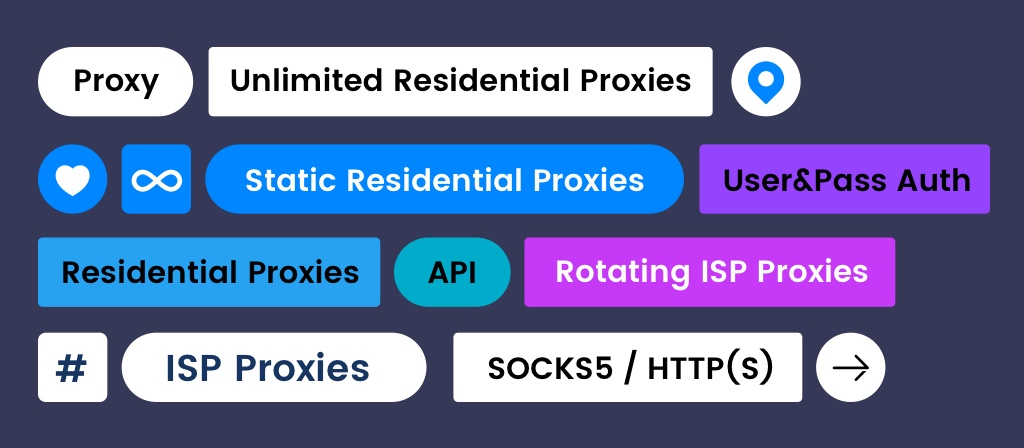
Online gaming has become a popular pastime for millions of people worldwide. It’s not just about entertainment; research suggests that online gaming can have significant effects on brain function, improving cognitive abilities, problem-solving skills, and even social interaction. This article will delve into the science behind online gaming and its impact on brain function.
The first aspect to consider is how online gaming affects cognitive skills. Games often require players to think critically, make split-second decisions, strategize, and adapt to rapidly changing situations. This mental exercise strengthens neural circuits associated with these cognitive functions. Research conducted by the University of Geneva found that playing action video games improved visual-motor skills such as tracking multiple objects at once and filtering out irrelevant information.
Online games also stimulate memory and learning capacities. Many games are based on complex virtual worlds where players need to remember vast amounts of information about game mechanics, maps, character abilities, storylines etc., which enhances their working memory capacity over time.
Problem-solving is another skill frequently honed in online gaming environments. Gamers must solve puzzles or overcome obstacles using logic and creativity – an exercise that engages the prefrontal cortex responsible for decision-making and problem-solving.
Furthermore, multiplayer games promote teamwork and cooperation among gacor368 players from diverse backgrounds across the globe. This social interaction fosters empathy as gamers learn to understand different perspectives while striving towards common goals together – thus enhancing emotional intelligence.
However, it’s worth noting that not all effects of online gaming are positive. Excessive gameplay can lead to addiction-like behaviors due to dopamine release in the brain’s reward system – similar processes observed in substance abuse disorders.
Moreover, violent content in some games may desensitize individuals towards aggression or reduce prosocial behavior according to a study published by JAMA Pediatrics – although this remains a controversial topic within academic circles due to conflicting findings from various studies.
In conclusion: Online gaming does indeed influence our brains in multifaceted ways depending upon factors such as the type of game, duration of gameplay, and individual predispositions. It can be a powerful tool for cognitive enhancement if used in moderation and with careful selection of games that foster beneficial skills.
The science behind online gaming and brain function is still an emerging field with much to explore. However, one thing is clear: our brains are not just passive recipients of digital stimulation but active participants shaping and being shaped by our virtual experiences. As we continue to unravel these complex interactions between gaming and cognition, it may pave the way for innovative therapeutic applications using video games in fields like neurorehabilitation or education – transforming play into a potent force for positive change.






